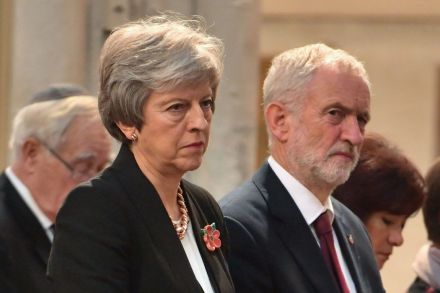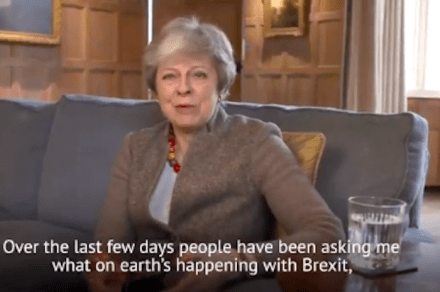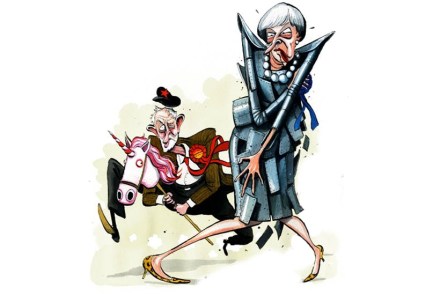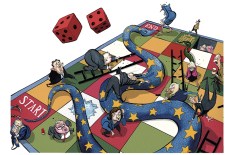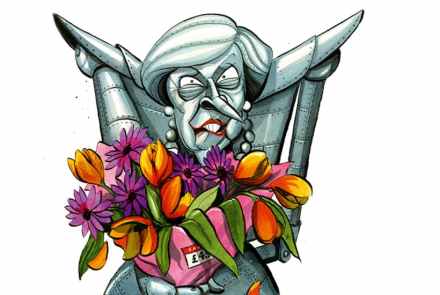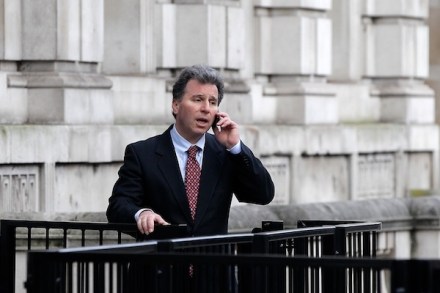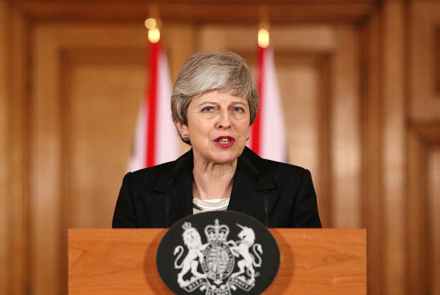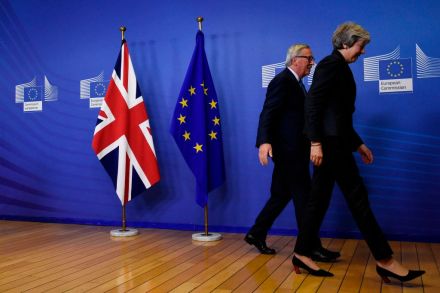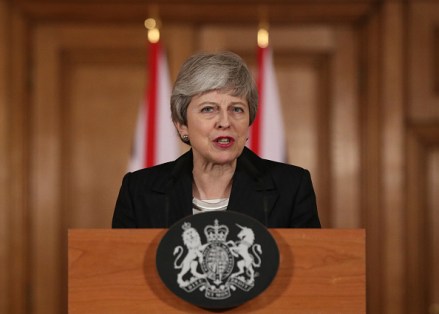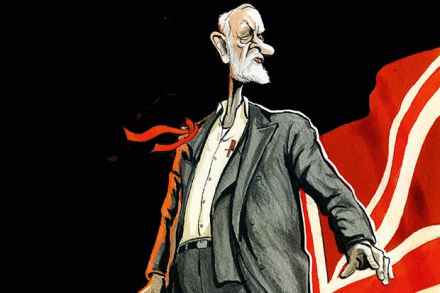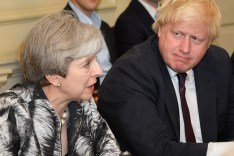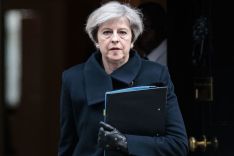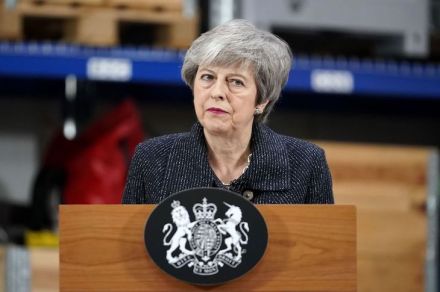Britain’s liberals have fallen out of love with democracy
Every now and then there is a political moment, some event or comment, that reveals just how much society has changed. This week contained one of those moments. On Tuesday it was reported that nine pro-democracy activists in Hong Kong had been found guilty of causing a public nuisance by taking to the streets five years ago to demand a greater democratic say in how their society is governed. And on the same day, the exact same day, the Guardian published an article with the headline ‘Democracy is overrated’. Most voters have ‘no idea’ about what’s going on in the world, the piece argued, and therefore it would be better



